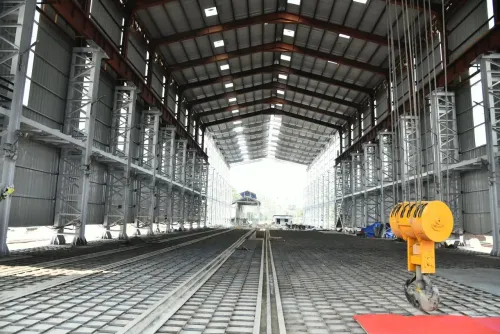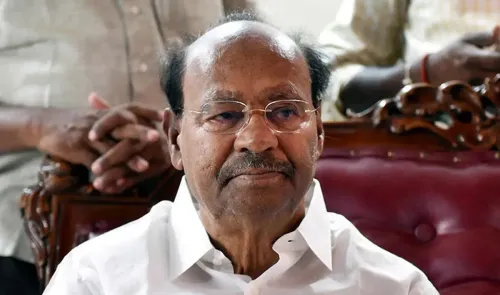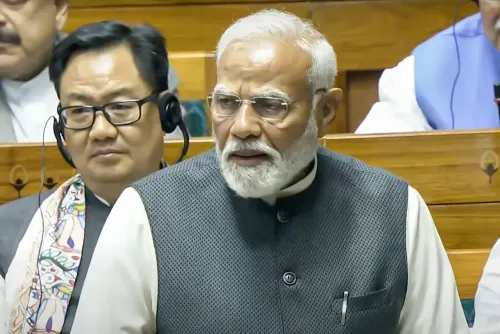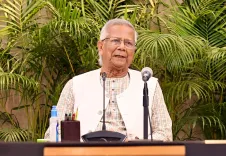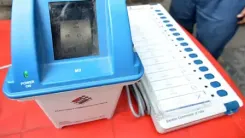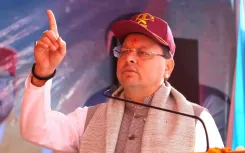Is Pakistan-occupied Kashmir in Crisis Due to Exploitation and Repression?
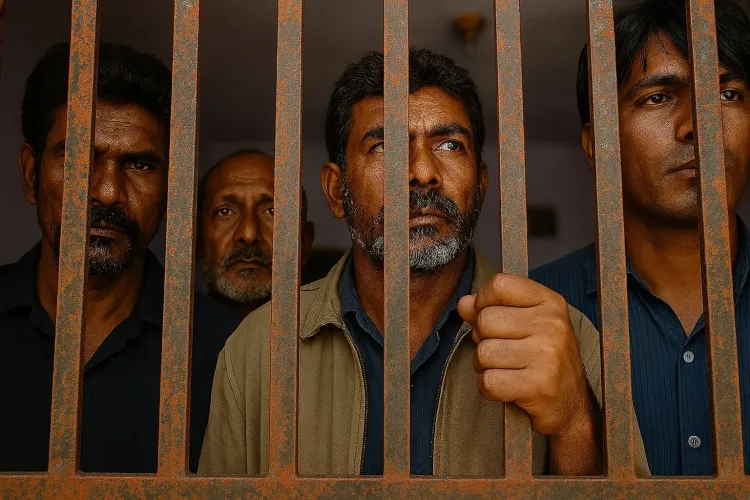
Synopsis
Key Takeaways
- PoK is facing severe human rights violations.
- Political dissent is met with repression.
- Healthcare services are critically underfunded.
- Access to clean drinking water is a major issue.
- International attention is urgently needed.
New Delhi, Aug 4 (NationPress) While Jammu & Kashmir under Indian administration has made remarkable progress in infrastructure, education, and democratic engagement, Pakistan-occupied Kashmir (PoK) continues to suffer from persistent neglect, oppression, and exploitation.
A rising number of voices, including legal experts and diaspora activists, are challenging the legitimacy of Pakistan’s governance over Gilgit-Baltistan, referencing UN Resolution 47 (1948) and the lack of formal accession.
The European Foundation for South Asian Studies (EFSAS) and the Human Rights Council of Balochistan have consistently urged for global attention on the worsening conditions in PoK, where human rights violations have reached disturbing levels.
The Human Rights Commission of Pakistan (HRCP) and Amnesty International have reported the discovery of mass graves in areas like Kotli and Mirpur, indicating extrajudicial killings and enforced disappearances.
According to UNICEF Pakistan, 40 percent of girls in rural PoK marry before the age of 18, while reports from UNODC suggest that 200-300 women are trafficked annually for sexual exploitation.
Political dissent often leads to arrests, torture, and intimidation, as highlighted in Freedom House’s 2024 report, which classifies PoK as “Not Free.” The socio-economic situation is equally dire.
In May 2024, widespread protests erupted in Muzaffarabad and Rawalakot against rising electricity prices, revealing deep-seated dissatisfaction over service failures. PoK has only one hospital for every 150,000 individuals, and rural health facilities are critically underfunded.
A 2023 report from WaterAid Pakistan found that over 50 percent of the population lacks access to safe drinking water, resulting in more than 3,000 annual deaths from waterborne diseases, with 90 percent of water sources deemed unsafe.
Pakistan’s military has been accused of exploiting PoK’s natural resources. The Mangla Dam, constructed in 1967, displaced over 100,000 people, yet 80 percent of its electricity is redirected to Pakistan’s national grid, with no financial benefits for PoK, according to Pakistan’s National Electric Power Regulatory Authority (NEPRA).
The Neelum-Jhelum Hydropower Project, completed in 2018 at a cost of $3.5 billion, has failed to provide local electricity and has resulted in environmental damage, including soil erosion and the collapse of aquatic ecosystems, as noted by Pakistan’s Ministry of Climate Change.
Rich mineral deposits are extracted by private companies backed by the military, leaving local communities in poverty. Investigative reports have revealed that these operations often ignore local consent and environmental laws.
Compounding the geopolitical complexities is the unresolved issue of Kalat’s forced accession to Pakistan in 1948. Historical accounts, including documents from British India’s Foreign Office archives and scholarly works by Inayatullah Baloch, indicate that the Khan of Kalat was pressured into signing the Instrument of Accession, which has led to decades of insurgency in Balochistan.
This renewed narrative challenges Pakistan’s claims over disputed regions and reveals its colonial-style governance.
As Pakistan continues to fund terrorism in Jammu & Kashmir, a pattern well-documented in UN Security Council briefings and Indian Ministry of External Affairs reports, the disparity between the two regions becomes more pronounced.
While India invests in democratic institutions and development, PoK remains a stark example of oppression, exploitation, and unfulfilled promises.
The global community must take notice and act.


